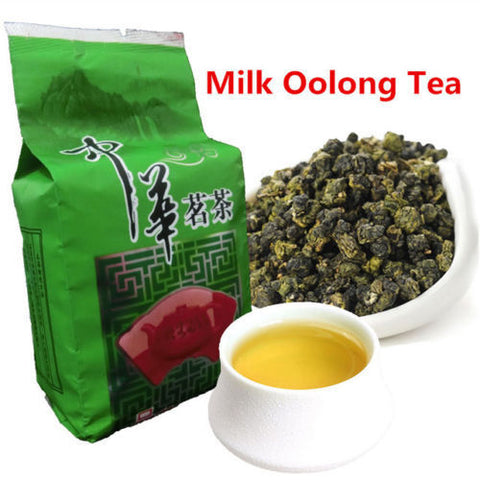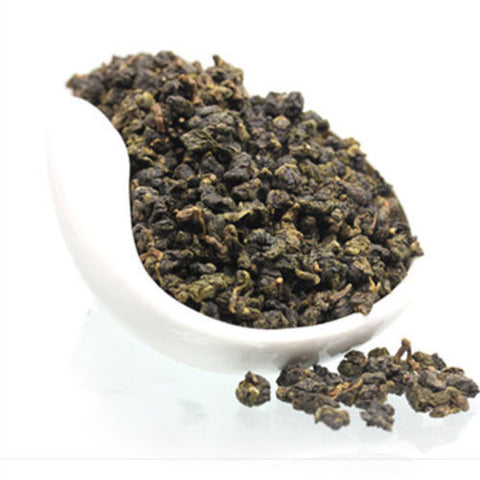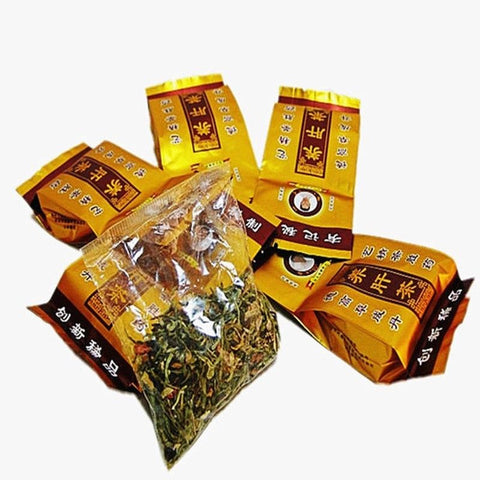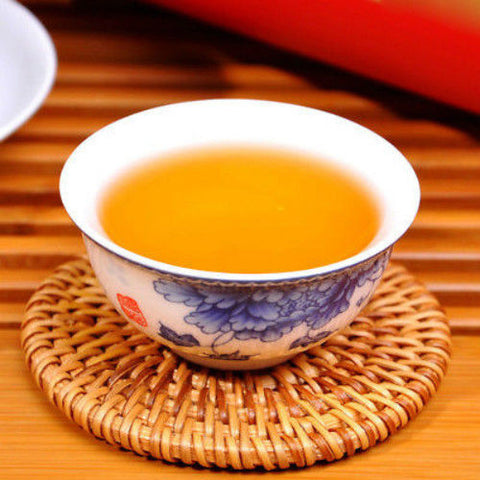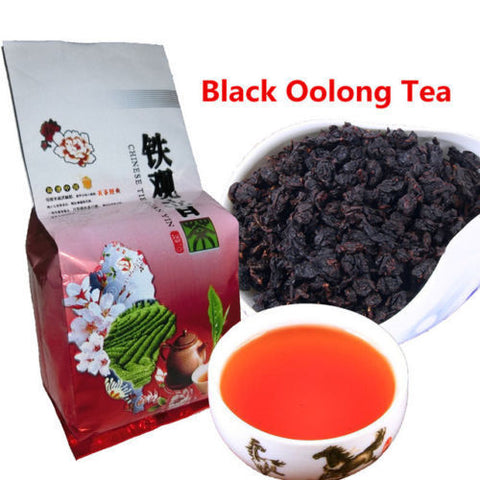Health Food Ginkgo Biloba Silver Apricot Nut Natural Cooked Chinese Organic Food
2
sold in last
8
hours
Limited-Time Offers, End in:
$5.32
Product Description Specification: ● Origin: Shandong , China ● Expired Date: 12 Months ● Storage Conditions: Dry About GinKgo Biloba Nut Ginkgo biloba, commonly known as ginkgo or gingko , also known as the ginkgo tree or the maidenhair tree,is the only living species in the division Ginkgophyta, all...
customers are viewing this product
|
Product Description Specification: ● Origin: Shandong , China ● Expired Date: 12 Months ● Storage Conditions: Dry About GinKgo Biloba Nut Ginkgo biloba, commonly known as ginkgo or gingko , also known as the ginkgo tree or the maidenhair tree,is the only living species in the division Ginkgophyta, all others being extinct. It is found in fossils dating back 270 million years. Native to China,the tree is widely cultivated, and was cultivated early in human history. It has various uses in traditional medicine and as a source of food. The genus name Ginkgo is regarded as a misspelling of the Japanese gin kyo, "silver apricot". The nut-like gametophytes inside the seeds are particularly esteemed in Asia, and are a traditional Chinese food. Ginkgo nuts are used in congee, and are often served at special occasions such as weddings and the Chinese New Year (as part of the vegetarian dish called Buddha's delight). In Chinese culture, they are believed to have health benefits; some also consider them to have aphrodisiac qualities. Japanese cooks add ginkgo seeds (called ginnan) to dishes such as chawanmushi, and cooked seeds are often eaten along with other dishes. When eaten in large quantities or over a long period, the gametophyte (meat) of the seed can cause poisoning by 4'-O-methylpyridoxine (MPN). MPN is heat-stable and not destroyed by cooking. Studies have demonstrated the convulsions caused by MPN can be prevented or treated successfully with pyridoxine (vitamin B6). Some people are sensitive to the chemicals in the sarcotesta, the outer fleshy coating. These people should handle the seeds with care when preparing the seeds for consumption, wearing disposable gloves. The symptoms are allergic contact dermatitisor blisters similar to that caused by contact with poison ivy. However, seeds with the fleshy coating removed are mostlysafe to handle. |
